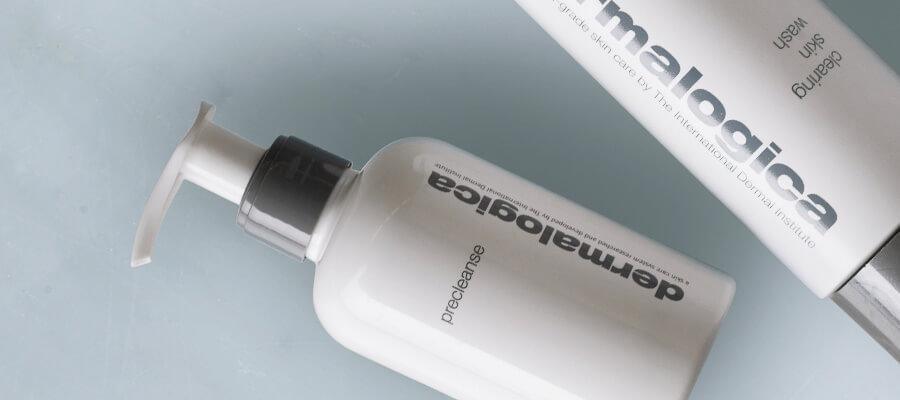which washes your face better: oil cleansers or face wipes?

You know those nights when you're just too exhausted to remove a full face of make-up? Seems to be the perfect time to just rub a make-up remover wipe across your face! Although these cleansing wipes can remove some of your make-up, they're not removing as much as you think.
why wipes won't cut it
Wipes actually just smear the dirt, bacteria, oil and make-up across your face. They break down some of the debris, but don't remove it all. Then, the buildup gets stuck in your pores. Yuck! Although wipes may be faster to use, you are more inclined to miss a spot and sleep with make-up on, which can lead to breakouts. Plus, wipes are packed with ingredients like Specially Denatured (SD) Alcohol 40B and Denatured Alcohol, which evaporate quickly and can dry out your skin.
the “dirt” on oil-based cleansers
Oil-based cleansers can attract, deconstruct and dissolve layers of oil-soluble substances like excess sebum (oil), waterproof make-up, environmental pollutants and residual product buildup. The cleanser melts into skin, dissolving buildup in hard-to-reach crevices around your nose or in between eyelashes – places a wipe just can't properly cleanse.
Use a cleanser like Dermalogica's PreCleanse or PreCleanse Balm to:
- Gently dissolve and remove built-up residue and make-up.
- Smooth, calm and nourish skin without clogging pores.
- Enable your regular cleanser and other skin care products to work more effectively.
precleanse vs. precleanse balm: what's the difference?

Don't cheat your skin by settling for a make-up remover wipe. Make sure to wash your face with an oil-based cleanser first, followed by your regular cleanser for ultra-clean skin!


